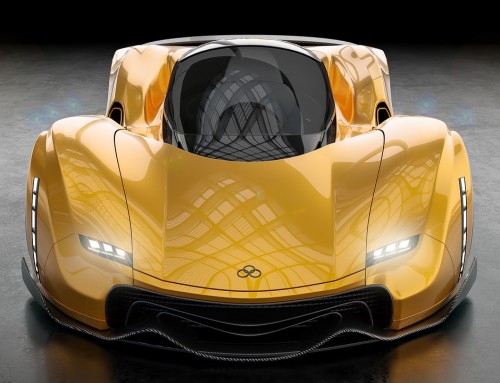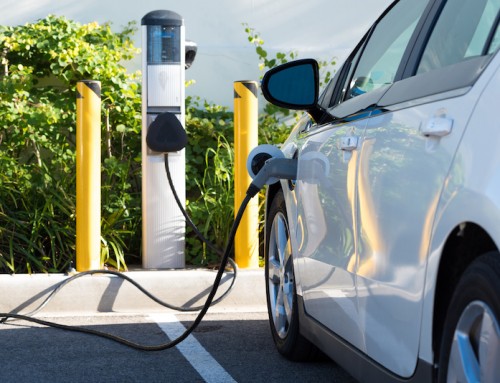The automotive industry is experiencing a strong push towards electric motors. The United Kingdom saw an 11% increase in their electric vehicle sales for 2018 which brings the UK’s total share of registered electric motors to 2%. Norway is much further ahead with more than 48% of their registered cars being electric. Trends suggest that these figures will continue rise and the future of electric cars looks bright.
Improved Battery Technology
One of the biggest issues that held back electric car adoption was range anxiety. Potential buyers were not happy with the existing mileage that electric cars could travel on with a full charge. Nobody wanted to risk being stranded once the battery ran out.
Most electric cars run on lithium-ion batteries. New models being developed for the coming years use improved versions of these batteries which can power electric cars for up to 300 miles on a single charge. If that is not enough for the current market, a Spanish energy company called Grabat is developing batteries made from graphene instead of lithium. These batteries could power an electric car for 500 miles and charge 33 times faster.
More Public Charging Points
A lack of places to charge electric cars has been holding the industry back. Electric car manufacturers are widening their charging networks and making them visible to users via downloadable apps. The United Kingdom will have about 17,000 charging points across the country by the end of 2018. That is an increase from 12,000 the previous year.
Installing an adequate number of charging stations is a pressing concern for power companies. For the next few years, charging companies in the US and the UK have decided to concentrate their efforts on installing new charging points at hotels and B&Bs. They also wish to make sure that new homes are fitted with the chargers.
Increased Vehicle Production and Reduced Pricing
Very few car vehicle production lines are dedicated to electric vehicles. Car manufacturing companies are not willing to risk the resources needed to researching innovative ways to reduce the costs associated with manufacturing electric cars. The increased demand for electric cars is forcing these companies to find more affordable ways to make them.
The battery is the most expensive part of an electric car. The price of the battery accounts for 37% of the car’s overall value but that is down from 49% just two years prior. This trend shows that manufacturers are spending more on R&D and this shows that the future of electric cars will involve lower costs.
Mahindra Electric Mobility group is one of the world’s first companies to build a factory specifically for electric cars. They produce two and three-wheeled electric vehicles which they feel are better suited for transport in India’s crowded urban areas. Other companies will be able to learn from Mahindra’s approach and build their own functional factories dedicated to electric vehicles.








